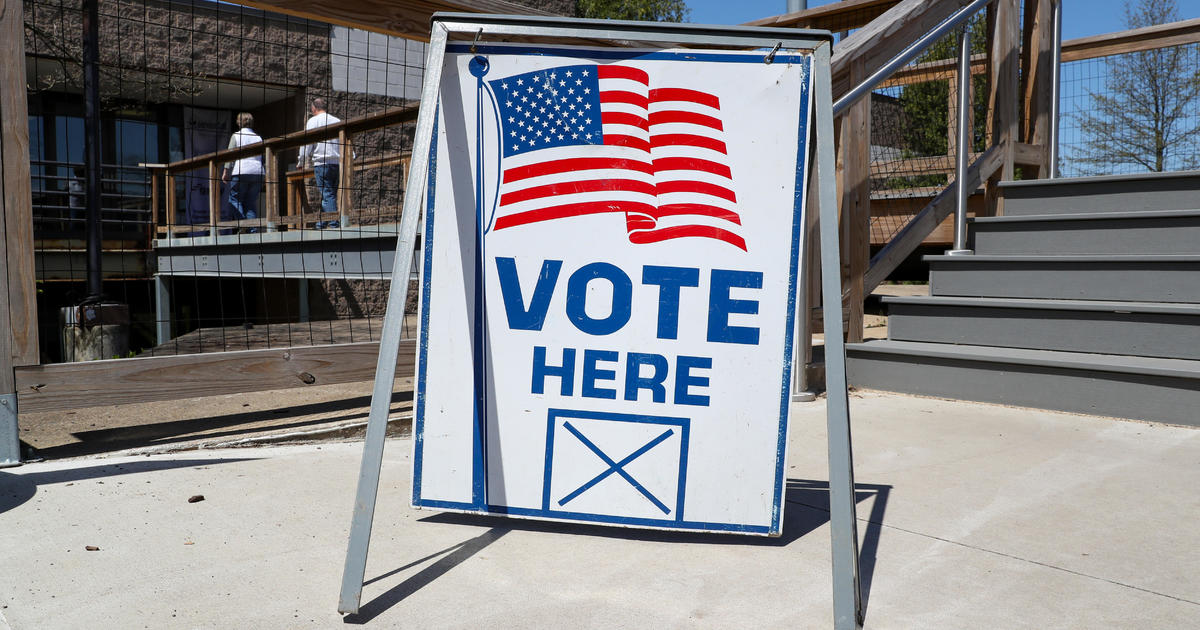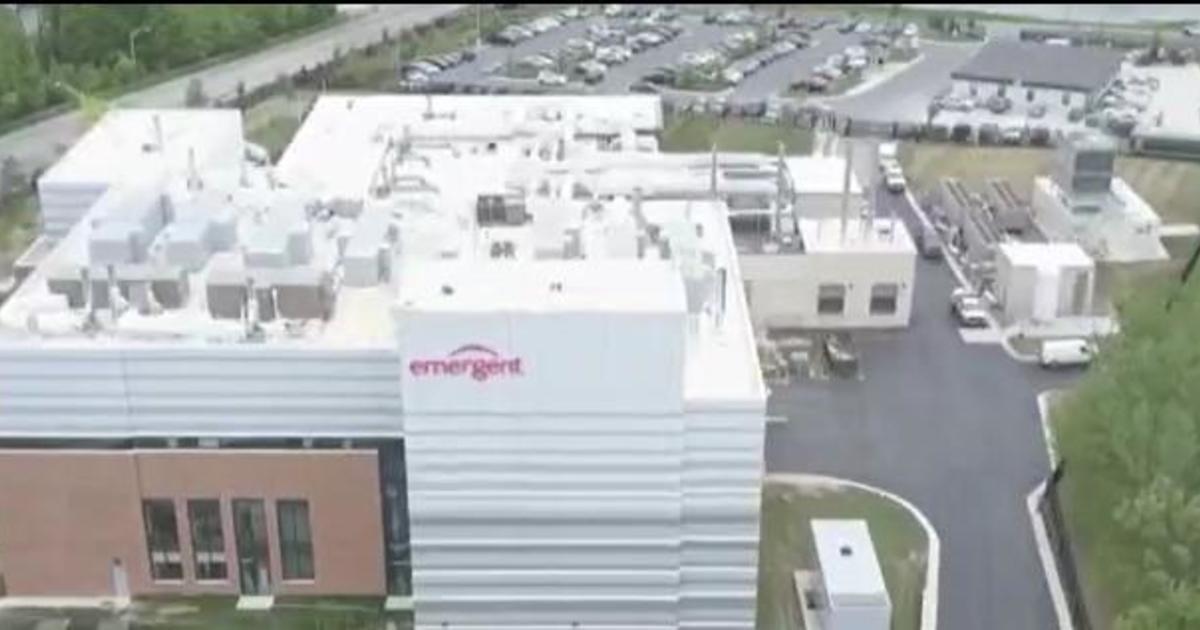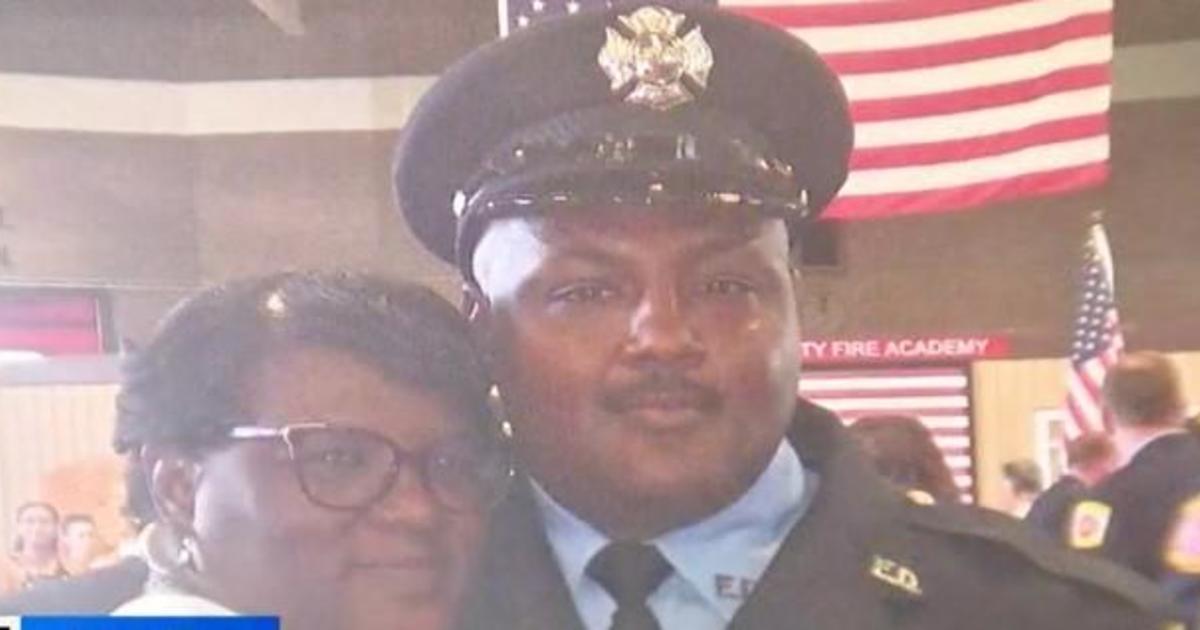Live Music Venues Struggle To Survive As COVID-19 Pandemic Rages On
WASHINGTON (Capital News Service) -- In the spring of 2010, Sandra Basanti and her husband, Stevie McKeever, opened up the Pie Shop, a small, live-music venue and restaurant located in this city's H Street corridor.
At first, they only sold pies, but soon after the launch, the couple began construction on their dream business, a live music venue, which opened in the summer of 2018.
Opening the venue entailed putting down their life savings, "a masochistic amount of blood, sweat and tears," taking out a "huge loan" and working insane hours, Basanti wrote in a pre-Thanksgiving social media post.
The effort was worth it. By October of last year, on most weeks, the calendar would be fully booked with four or five shows, which were an "eclectic mix of different types of artists and different types of art" representative of the city's diverse music scene, Basanti said.
The live music was cut short this spring with the advent of the COVID-19 pandemic, which forced the Pie Shop and multiple other businesses in the District to temporarily close.
Today, many music venues remain closed or are running at limited capacities, which can be a significant financial strain for musicians and business owners.
At least three local music institutions have shuttered permanently: Twins Jazz, Eighteenth Street Lounge and most recently, U Street Music Hall.
"It's such a weird year, and we literally have to just take everything month to month, it's not an ideal position that we're in right now financially," Basanti told Capital News Service.
On Sept. 25, Mayor Muriel Bowser announced the "Phase Two Live Entertainment Pilot," which allowed six venues to host live entertainment through October.
The six venues were City Winery, GALA Hispanic Theatre, Pearl Street Warehouse, The Kennedy Center, The Hamilton, and Union Stage.
The pilot has since been extended through Dec. 30 with no modifications made, except to add DC Improv and Comedy Club to the list of venues permitted to host live performances.
However, City Winery and The Kennedy Center have shut down temporarily due to the continued impacts of the COVID-19 pandemic.
In addition to the pilot, the District notified a handful of outdoor entertainment venues that had already submitted plans to resubmit plans for safe performances, according to a press release from the mayor's office.
While the pilot program may allow certain venues to get a foothold, it has multiple limiting criteria: venues can't host more than 50 people, including attendees, performers, staff, and others in the building; sites can't sell or distribute tickets in advance of an event; and they must place seats at least 30 feet from the stage during a live music event.
The pilot program also leaves musicians and venue owners excluded from it in a vulnerable position, such as the Pie Shop.
According to Basanti, her business did not qualify for the pilot because of the stage separation restriction, which would not be possible given the size of her shop. The shop is not operating as a music venue and is solely offering curbside-pick up.
But even if the shop had qualified for the program, "it would be difficult for us or any venue to actually cover costs with the current restrictions let alone turn a profit," Basanti wrote in an email to CNS.
She added that she has yet to receive any updated guidelines for music venues from DC Health.
In September, a coalition of local music advocates, venue owners and festival organizers dubbed the "DMV Music Stakeholder Coalition" launched the Music Venue Relief Act, draft legislation that calls for the DC Council and Bowser to provide financial support for the District's music venues, small restaurants and bars from October 2020 through May 2021.
The coalition warned that "if our administration and Council do not adopt a plan to allow venues to survive the next twelve months, a century's legacy of history and culture stands to be wiped out completely."
"Venues don't have any support, many of them don't operate as restaurants, so they can't be making money off of food right now," said Christopher Naoum, a coalition member and the founder of Listen Local First DC. "Every single venue that we lose is a huge blow to the community as a whole."
Since the launch of the proposed plan and its accompanying #SaveDCVenues campaign, more than 1,200 people have signed the draft legislation in support and hundreds have emailed the mayor, Naoum said.
The coalition proposes that music venues should be eligible for up to $15,000 per month in direct monetary aid, while small restaurants and bars, which on occasion host live music, should get up to $7,500 per month. The amount of money provided to venues would be determined by square footage and other factors.
On Oct. 29, a majority of the City Council co-signed a letter urging Bowser to "identify and reallocate $4.5 million to provide no-interest, forgivable loans to assist small music venues in the District that are in danger of closing as a result of the COVID-19 pandemic."
Councilmember Brianne K. Nadeau also wrote to the DC Commission on the Arts and Humanities requesting it to use its capital project grants to aid venues.
"It is critical that we maximize the funds the District already has to provide struggling venues with support at least through the next few months," Nadeau wrote.
But according to Naoum, the effort to get funding from the city's arts commission failed. It remains unclear whether the Save our Venues Act legislation will materialize into funding or aid for venues.
For any aid to be disbursed, Bowser would need to introduce the legislation and permit emergency funding to be released because this year's budget has already been set, according to Naoum.
The District's fiscal year began on Oct. 1, but while the level of spending is set a year in advance, the city's budget is much like a family's, according to the DC Fiscal Policy Institute, a nonprofit organization. In effect, expenses can be shifted and moved from one area to another.
The District also has an emergency and contingency reserve fund, which had $209.6 million as of June 30. These funds are used for "unanticipated and nonrecurring extraordinary needs of an emergency nature" and "nonrecurring or unforeseen needs that arise during the fiscal year," according to a report by the city's chief financial officer.
Neither the mayor's office, the chief financial officer's office, the Commission on the Arts and Humanities nor City Council Chairman Phil Mendelson responded to CNS requests for comment.
While Naoum hopes for local aid, he fears that Bowser may be waiting on the disbursement of federal aid.
In July, Sens. Amy Klobuchar, D-Minnesota, and John Cornyn, R-Texas, introduced the Save Our Stages Act in the Senate, while Rep. Peter Welch, D-Vermont, introduced an identical bill in the House. The measure would provide grants for independent live-music venues affected by the COVID-19 pandemic. The proposed legislation has seen no action in either chamber and there is almost no time left before Congress leaves for the holidays.
Without aid, venues of all sizes will be impacted, Naoum said.
More than 90% of independent venues that responded to a survey reported that they will close permanently in a few months without federal funding, according to a study updated last month by the National Independent Venue Association, a non-profit whose members include more than 2,900 independent live music venues and promoters from all 50 states and the District.
"Everyone is hurting," said Jon Weiss, Talent Buyer for Union Stage. "No one succeeds with a tiny capacity."
Union Stage is a 450-capacity venue located in the Wharf. Weiss books events and fills the calendar for Union Stage, Miracle Theater, the Pie Shop, Pearl Street Warehouse and Capital Turnaround.
While Union Stage is part of the Phase Two live entertainment pilot program, the few times it has been open with a limited capacity, it's been more expensive than remaining closed, Weiss said. To survive, Union Stage has started hosting live-stream concerts, but the revenue gained from live-stream ticket sales barely keeps the venue afloat.
"We're talking peanuts, but it's better than doing nothing," said Weiss.
Basanti said she has also had a hard time making ends meet. Before the pandemic, she struggled to keep prices manageable at the Pie Shop, while making enough to simply "keep the lights on," she said.
Now, Basanti is experiencing heightened difficulties.
The shop is the only source of income for herself, her husband and their two small children. She said she also has invested a lot of money into the shop and taken out a loan.
Basanti said she currently has to pay approximately $50,000 a month in overhead costs, including rent, insurance, food costs, licensing fees and payroll.
"This is it for us," she said. "We've dedicated everything to this place."
While getting financial aid through the Venues Relief Act would help her stay afloat, saving live music is bigger than the individual business owners, it's an entire cultural and economic interconnected web, Basanti said.
Not only is the music industry culturally ingrained in the local community, but it also employs sound engineers, bookers, promoters, bartenders and increases the city's tourism.
"It's bigger than just saving the venues right now in this moment of history," Basanti said.



